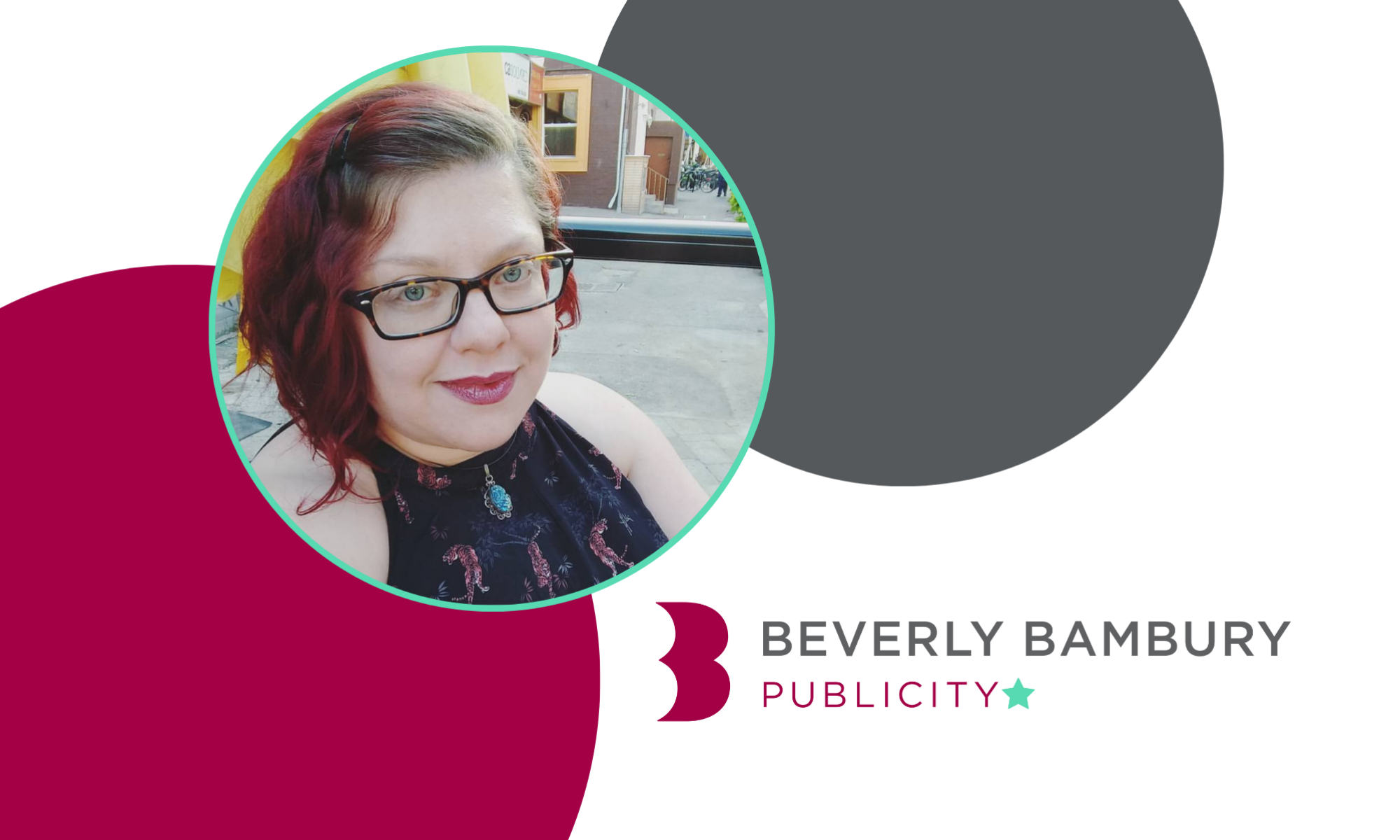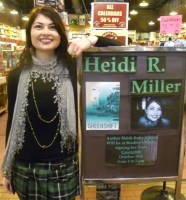It’s that time again! Thursday, September 4th at 8 p.m. Eastern / 5 p.m. Pacific is the next #GenreLitChat, and this time it’s urban fantasy. You can participate in this chat by sending me questions ahead of time for me to ask the panel, or simply being on Twitter and following the hashtag. While this is a moderated discussion, you’ll be free to reply and interact as normal on Twitter.
The urban fantasy group consists of:
Mia Marshall is the RT Reviewers’ Choice Award-winning author of the Elements urban fantasy series. Before she started writing about things that don’t exist in this version of reality, she worked as a high school teacher, script supervisor, story editor, legal secretary, and day care worker. She has lived all along the US west coast and throughout the UK, where she collected an unnecessary number of degrees in literature, education, and film. These days, she lives in a small house in the Sierra Nevadas, where she is surrounded by her feline overlords.
Nicholas Kaufmann is the Bram Stoker Award-, Thriller Award-, and Shirley Jackson Award-nominated author of Dying Is My Business, Die and Stay Dead, Chasing the Dragon, Hunt at World’s End, General Slocum’s Gold, and Still Life: Nine Stories. Over the years, he worked in publishing, owned his own bookstore, managed a video store, and was a development associate for a literary agent. He lives in Brooklyn, New York with his wife and two ridiculous cats.
Linda Poitevin is the author of dark urban fantasy (The Grigori Legacy from Ace/Roc Books) and contemporary romance (self-published). Linda lives near Ottawa, Canada’s capital, and in her other life is wife, mother, friend, gardener, coffee snob, freelance writer, and zookeeper of too many pets. When she isn’t writing, Linda can usually be found in her garden or walking her dog along the river or through the woods.
Alexander Kosoris was born and raised in Thunder Bay, Ontario. He lived on residence in Toronto, Ontario while attending the Faculty of Pharmacy at the University of Toronto between 2006 and 2010. While there, he discovered his love of writing, spending much of his free time writing short stories, one of which he expanded to arrive at his first novel, Lucifer. After graduating, Alexander has moved back to Thunder Bay, where he now lives, working as a pharmacist. Whenever he gets a moment of leisure, Alexander enjoys listening to and playing music, as well as riding his bicycle.
Launched in 2009, All Things Urban Fantasy is the place where para is normal. Currently a group of five readers and bloggers, we’re dedicated to reviewing the latest books in the urban fantasy, paranormal romance, and speculative fiction genres. Participating in the chat will be Kate, who has been running ATUF for about a year now, and loves urban fantasy with a passion.
You can use the TWUBS link or just follow the hashtag on Twitter. Also, please feel free to email me questions you would like me to ask the panelists.
I look forward to seeing you at 8 p.m. Eastern / 5 p.m. Pacific on Thursday, September 4th!







